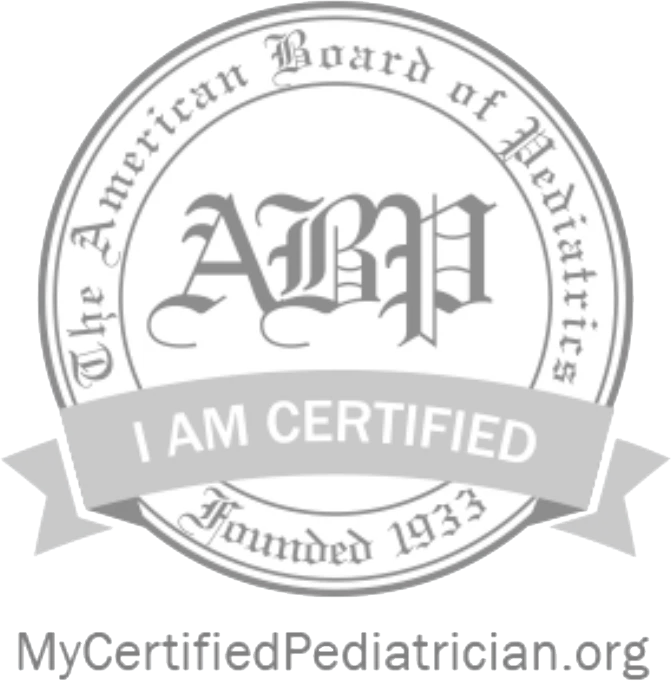Title or Question
Describe the item or answer the question so that site visitors who are interested get more information. You can emphasize this text with bullets, italics or bold, and add links.Title or Question
Describe the item or answer the question so that site visitors who are interested get more information. You can emphasize this text with bullets, italics or bold, and add links.Title or Question
Describe the item or answer the question so that site visitors who are interested get more information. You can emphasize this text with bullets, italics or bold, and add links.
Vaccinations
Vaccinations ensure that your child is protected against serious and life-threatening illnesses. At Over the Moon Pediatrics, we believe in the effectiveness of vaccines and do require that all of our patients are fully immunized. Read below to get more information on the vaccine schedule and what illnesses these vaccines prevent!
NOW OFFERING:
- RSV Vaccine (Beyfortus): infants under 8 months of age
- Seasonal Flu Vaccine: 6+ months
- COVID-19 Vaccines: 6 months to 11 years
WE OFFER SHOT-ONLY VISITS FOR OUR ESTABLISHED PATIENTS! Call us to schedule!
We do require all of our patients to be fully vaccinated
and caught up on vaccines before their next checkup
Over the Moon Pediatrics firmly believes in the effectiveness of vaccines to prevent serious and life-threatening illnesses. Based on scientific literature, evidence, and studies, we believe vaccines are safe and do NOT cause autism or other developmental disabilities. We believe that all children, adolescents, and young adults should receive all of the recommended vaccines according to the immunization guidelines recommended by the American Academy of Pediatrics (AAP).
The Recommended Child and Adolescent Immunization Schedule that we at Over the Moon Pediatrics follow is:
Birth: HepB
2 months: DTaP-Hib-IPV, PCV20, HepB, Rota
4 months: DTaP-Hib-IPV, PCV20, Rota
6 months: DTaP-Hib-IPV, PCV20, HepB, Rota
12 months: HepA, MMR, VAR
15 months: DTaP, Hib, PCV20
18 months: HepA
4 years: DTaP-IPV, MMR-VAR
11 years: Tdap, MenACWY, HPV
12 years: HPV
16 years: MenACWY, MenB
17 years: MenB
We also recommend the RSV antibody shot (Beyfortus) for infants from birth to 8 months and yearly influenza vaccination and the COVID-19 vaccine to prevent serious illness and hospitalization!
For patients who are currently delayed on their vaccination status, please discuss a catch-up schedule with Dr. Suhendra, Dr. Rasool and Dr. Bhandarkar directly.
New patients are required to provide immunization records prior to scheduling their first visit.
Please see our Vaccination Policy for more information!
Read below for more information on these vaccine-preventable diseases.
More Reputable Resources on Immunizations:
Healthy Children's Information on the AAP Recommended Immunization Schedule
Healthy Children’s Information on Vaccine-Preventable Diseases
SYMPTOM CHECKER
If your child is feeling unwell, you can use our symptom checker to gain a better understanding of what could potentially be happening. Our symptom checker provides you access to over 100 symptoms to ensure you know when to bring your child to the office to be seen by a physician. If you have any questions regarding the symptom checker or your child’s health, don’t hesitate to contact our offices to schedule an appointment.









